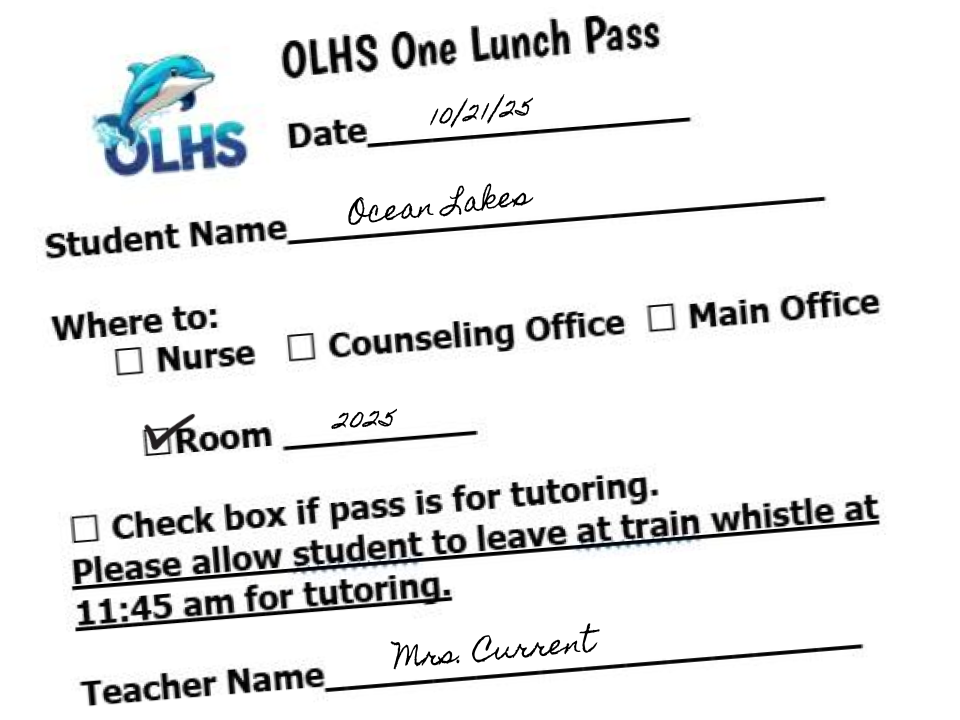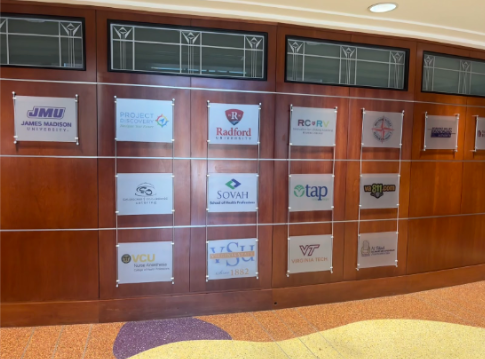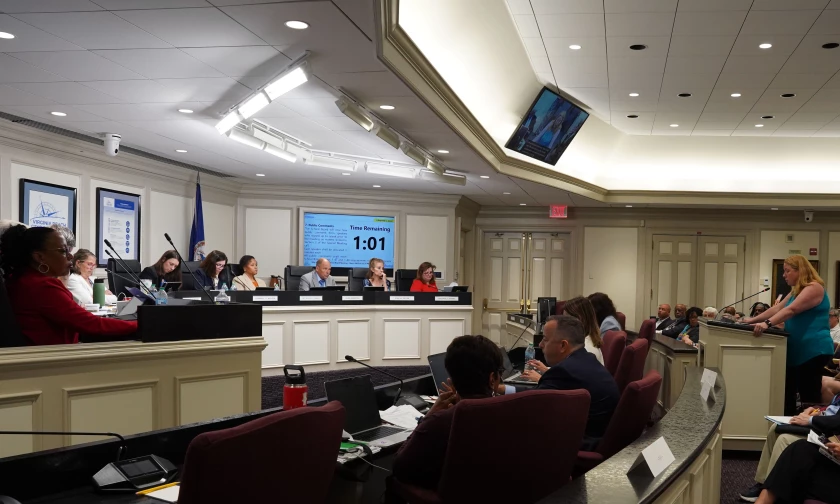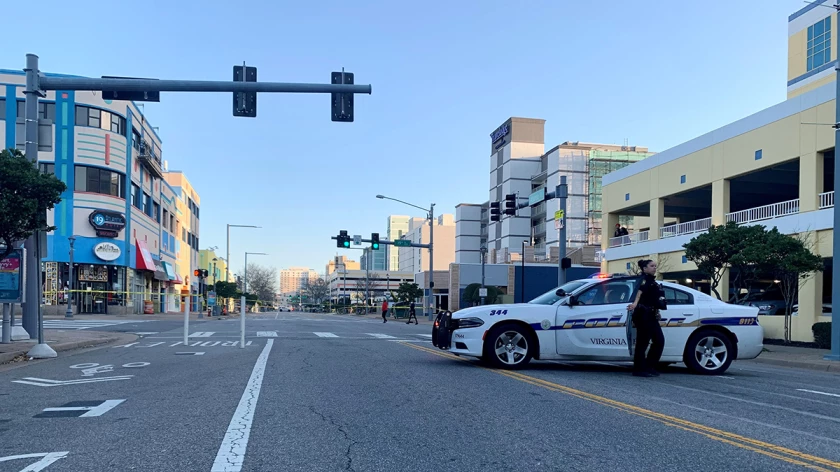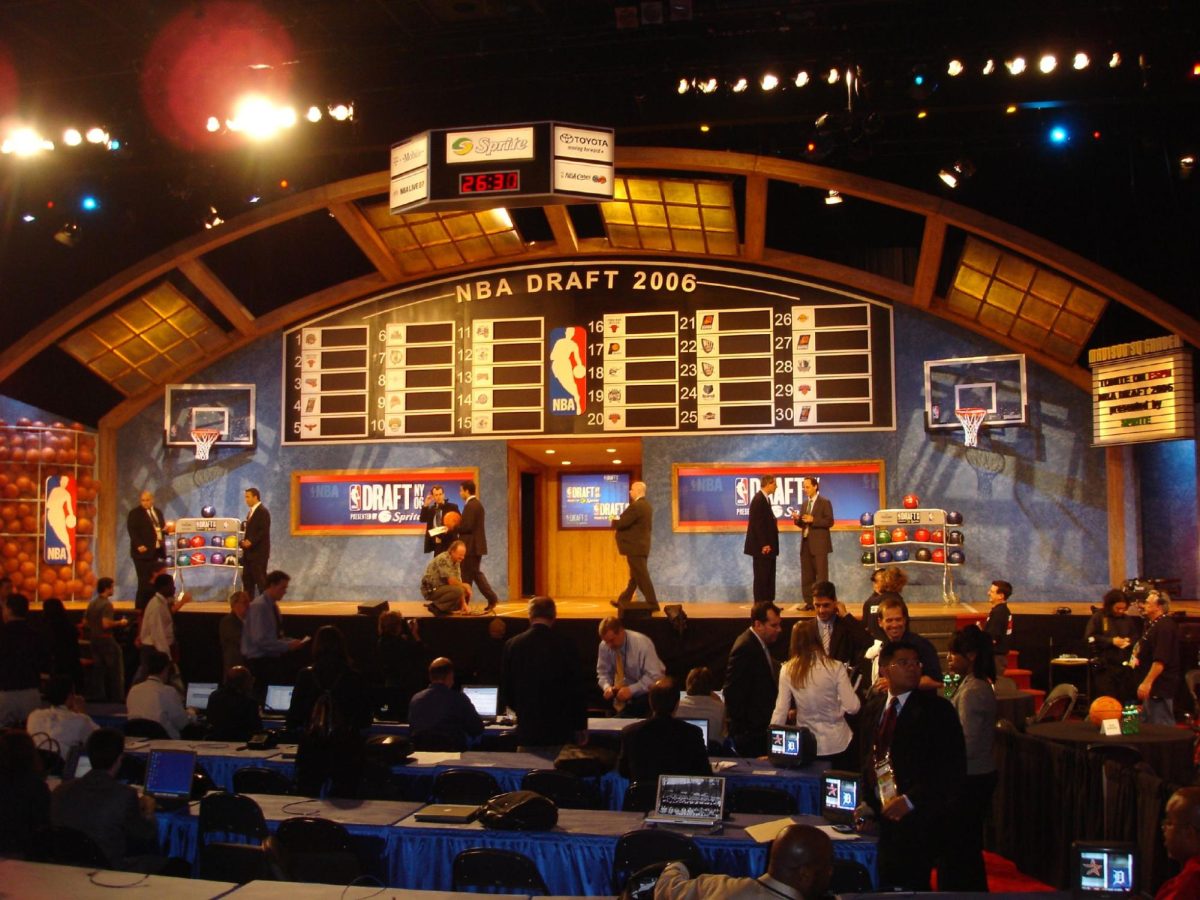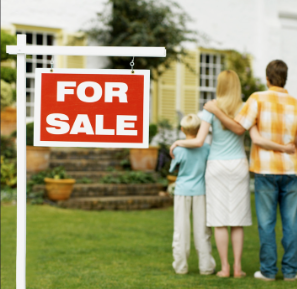
Capitalism, a thousand possibilities arise at the mention of the word. A corner office, a sleek new car, maybe just a modest house with a picket fence. With hard work and perseverance, anything can be achieved.
Unfortunately, achieving success is a bit more complicated than that; hard work isn’t nearly as profitable as it’s made to seem.
The affordable housing crisis is a great example of this.
The average salary of a full-time worker in the U.S. is $57,200, according to Bankrate.
The typical rule of thumb is that housing costs should exceed no more than 30 percent of a person’s income. With these values in mind, a single-income household should spend around $1,400 per month on housing. This value is almost impossible to find, and the biggest culprit is the skyrocketing mortgage rates.
Mortgage rates have exceeded 7 percent, increasing potential house payments by hundreds of dollars a month, according to CBS News. The extra money added to these monthly payments may seem inconsequential to some, but to most, it means spending money that they can’t afford to spend. These mortgage rates are not only cornering new buyers into settling for overpriced, sub-par homes, but they’re also preventing current homeowners from selling their homes out of fear that they won’t be able to afford a new one.
Affordable housing is a necessary aspect of a thriving community. It helps to not only circulate a healthy economy, but it also increases people’s quality of life.
Increased access to affordable housing leads to a decrease in childhood poverty and increases economic mobility, according to the National Low Income Housing Coalition. Finding affordable housing is essential to break the cycle of poverty. When only the top percent of Americans can afford housing, it only makes the gap between the rich and the poor wider.
Companies like Airbnb and Vrbo only take advantage of this already struggling housing market by promoting the buying of real estate for capitalistic gain.
Airbnb’s growing popularity has slowly led to the gentrification of working-class communities, pushing out residents to make room for wealthy travelers, according to Forbes. While the act of renting vacation homes through companies like Airbnb may have some positive effects on the economy, the long-term effects are detrimental and directly impact the economy. The same Forbes study found that for every 1 percent increase in Airbnb listings, there is a 0.018 percent increase in rental prices and a 0.026 percent increase in house prices.
To increase the supply of affordable homes, unused land can be set aside by the government to develop affordable homes specifically for people of all income levels. Tax credits should also be issued at a larger scale to create affordable housing.


